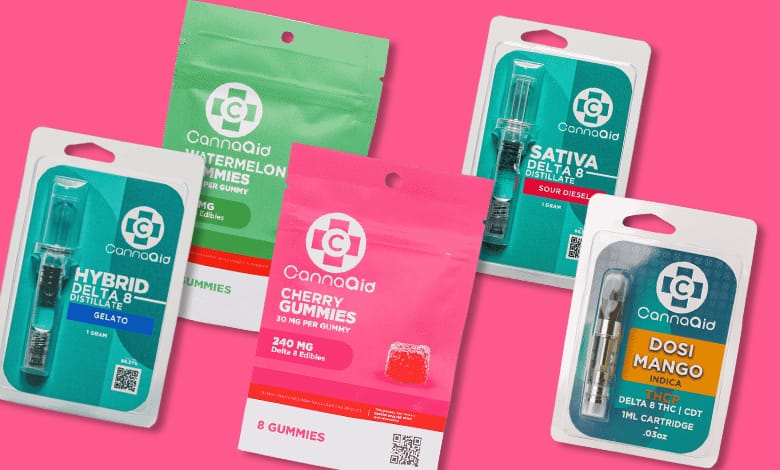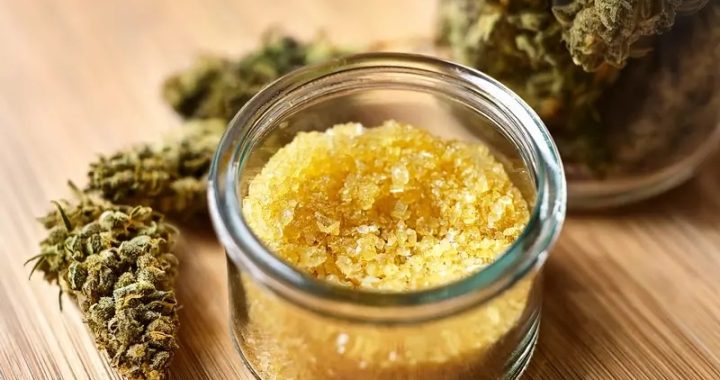
Is it possible to pass a HHC drug test?
When you smoke cannabis, you can enjoy THC’s psychoactive effects on your body. HHC products promising a similar high as THC will not be detected by a standard drug test.
These are the Key Takeaways
- Hydrogenated THC, also known as hexahydrocannabinol or HHC, is also known.
- Although THC and HHC have almost identical effects, HHC is slightly stronger, producing milder results for most users.
- The most common form of drug testing is the urine test. It tests for metabolites (THC metabolite) and detects any drug interactions. It does not distinguish between hemp-derived and marijuana-derived cannabinoids.
- HHC is split into 11-hydroxy HHC and THC into 11–hydroxy THC. Due to their similarity, many drug tests cannot distinguish between the two metabolites.
- Cannabinoids are stored in fat cells and can last up to 4 weeks. It is best to avoid psychoactive cannabinoids if you plan to submit to a drug test.
HHC – What’s it all about?
Hexahydrocannabinol can also be known as HHC. Hydrogenation is the process by which the double carbon bonds of the THC molecule are replaced with hydrogen molecules.
Roger Adams, an American chemist, synthesized HHC from THC found in marijuana plants in 1944. You can also use THC from hemp. High-potency Cannabis Sativa plants naturally contain trace amounts of HHC.
HHC is a semi-synthetic cannabis cannabinoid. It’s derived from hemp. To convert the THC molecule, a chemical reaction must be performed. This is the same process that makes margarine from vegetable oil.
Due to its THC-like effects, the HHC cannabinoid is rapidly becoming popular. It still follows federal legal guidelines. HHC can replace THC. However, there may be exceptions.
Can HHC disposables make you high?
HHC disposable produces more effects than everyday vaping. You will experience the smooth, mellow effects of premium HHC when using CannaAid disposables.
What are the differences between THC and HHC?
There are many similarities between the cannabinoids HHC (and THC) found in cannabis Sativa plants, but there are also crucial differences.
Cannabis Sativa plants have more delta-9 THC, up to 30% for high-potency strains of marijuana and 0.3% for hemp plants. Hemp plants have little HHC.
HHC is THC without double carbon bonds. It is replaced with hydrogen.
HHC is more stable than other compounds due to hydrogenation and has a longer shelf-life. THC can be naturally converted to CBN (cannabinol), but HHC can stay good for a long time because of its stable hydrogen bonds.
The HHC is 20% stronger than delta-9 THC but slightly less potent than delta-8 THC.
THC has been more extensively researched than HHC. Most safety information and effects of HHC are not well-documented.
HHC is less prevalent on the market because of its less-known status. It also takes more effort to produce significant quantities.
THC and HHC have very similar chemical structures. HHC has subtle differences that alter the binding affinity to pain receptors and the endocannabinoid system.
Popular HHC products have similar effects as THC. HHC has a lower risk of causing anxiety, paranoia, or drowsiness.
Access to recreational marijuana is not legal for everyone. However, people who have it may be able to find the HHC they need more quickly. Technically, it is legal to extract HHC using hemp-derived THC molecules. You can find more information about HHC in by clicking CannaAid.
What is the working principle behind drug testing?
Sometimes, you may need to submit drug tests for insurance purposes.
What is the secret to their success?
Drug tests often include testing urine for certain substances, such as cocaine, marijuana, and amphetamines. Some tests can detect prescription or psychedelic drugs.
They are easy to use and give accurate results. Urine drug tests are the best way to test for drugs. There are other ways to detect drug presence in the blood. Although these are not common, they can be requested.
Drug testing can detect the presence of metabolites within the urine. These products have been partially broken down but remain in the body long after their effects have subsided.
Some metabolites can remain in the body for up to seven days after drug abuse. It is a great way to screen for current substance use.
Because of its accessibility and accuracy, the urine drug test is viral. Sometimes, false positives and negatives can be caused by incorrect sample collection or contamination.
What are THC Metabolites, and how do they work?
THC, or tetrahydrocannabinol, is the chemical compound responsible for most of marijuana’s psychological effects. It is broken down by liver enzymes. The metabolites are then stored in fat cells and excreted in the urine. One of the most common metabolites detected in drug tests is THC-COOH.
Other metabolites may also be detectable depending on how sensitive the test is. THC can usually be detected in urine up to 30 days after it was used.
Regular users may experience trace amounts of THC over several months. You should avoid cannabis use and delta-8 THC (from cannabis) if you have concerns about drug testing.
How is HHC metabolized?
HHC products are popular because they claim to produce similar effects to marijuana’s high THC levels. However, most drug tests don’t detect it.
Even federally legal delta-9 THC compounds, such as the delta-8 and delta-10 derived from hemp, can fail drug testing, making them attractive to those who want a safer alternative.
If you are looking for HHC for sale bulk products, make sure you check out CannaAid’s online store.
HHC is still poorly researched. It is possible to assume that HHC will be broken up in the liver like THC.
THC-COOH (or 11-hydroxy THC) is the primary metabolite the liver creates after having consumed THC.
A study found that small rodents’ liver microsomes could produce a minor active compound by metabolizing HHC molecules similarly to THC. It is actually 11-hydroxy HHC [2] instead of 11-hydroxy THC.
Drug tests may not detect differences between the molecules of HHC and THC. This could result in a failed drug test.
How long can HHC remain in your system?
Many factors can influence the amount of THC, HHC, and other cannabinoids in your body.
- Frequency of usage
- Consumption
- Sensitivity towards personal needs
- Metabolism
It is unknown how long the HHC molecule will remain in your body. However, you can still detect delta-9 THC in urine and blood from frequent users over several months.
Like other cannabinoids like HHC, it is stored in fat tissues. It can remain in your system for as long as 4-6 weeks.
Light users should avoid HHC, THC analogs, and other THC analogs for 3 weeks before testing.
How to Pass Your Drug Test?
Most of our HHC and drug testing knowledge comes from animal studies and anecdotal experiences on forums such as Reddit. HHC is not always detected in drug tests, but some people have reported that HHC has been found in vapes or gummies.
Drug tests can be passed if you avoid THC and HHC analogs for at least three weeks. If you’ve been using a lot of this cannabinoid, it is best to allow yourself more time.
People who don’t have legal access to recreational marijuana may also find HHC more easily. It is technically legal to extract HHC from hemp-derived THC molecules. Get more information about the HHC by clicking CannaAid.
Can you fail a drug screening using HHC?
HHC, an analog to THC, has a chemical structure similar to THC. It produces almost identical effects on humans. It is a THC molecule that has been hydrogenated. It is more stable and has a more significant psychoactive effect.
According to some research, HHC is a different metabolite than THC. Most urine tests can detect 11-hydroxytHC. The HHC is converted into 11-hydroxytHC, which can be positive for using THC.
HHC has been proven effective for some people who have passed drug tests. It isn’t always possible to obtain accurate results from drug testing. HHC is not recommended as an alternative to THC because it could cause you to fail a drug screen.

























